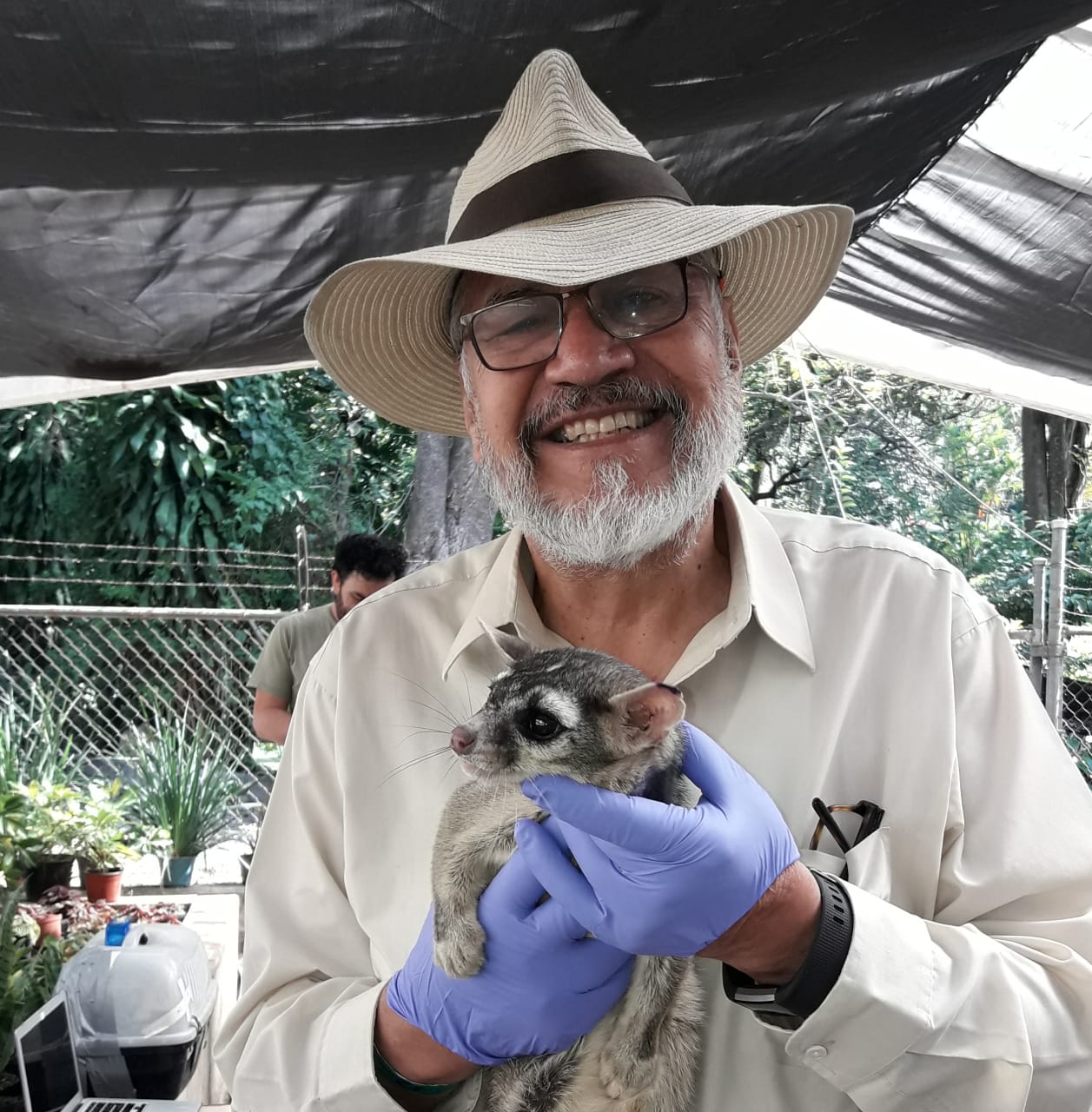
The challenge virus standard (CVS) strain and a wild isolate from a Mexican child who died of hematophagous bat (Desmodus rotundus)-transmitted rabies were injected intracerebrally into BALB/c mice. Brains obtained from infected mice were immersed in 80%, 50%, and 40% glycerine/phosphate-buffered saline (PBS). RNA was extracted from brains on days 1, 2, 3, 7, 21, and 60, and reverse transcriptase polymerase chain reaction-restriction fragment length polymorphism (RT-PCR-RFLP) tests were performed for rabies virus characterization. Storage temperature variation was recorded during the preservation period. The RT-PCR-RFLP tests were successfully performed on brain samples preserved in 50% glycerine/PBS, but not in those preserved in 80% or 40% glycerine/PBS. Temperatures ranged from 12 to 33 degrees C and were not harmful, provided that 50% glycerine/PBS was used. We concluded that brain samples obtained and stored under field conditions (i.e. without refrigeration) for up to 60 d can arrive at a reference laboratory in an adequate condition for viral RNA analysis.









